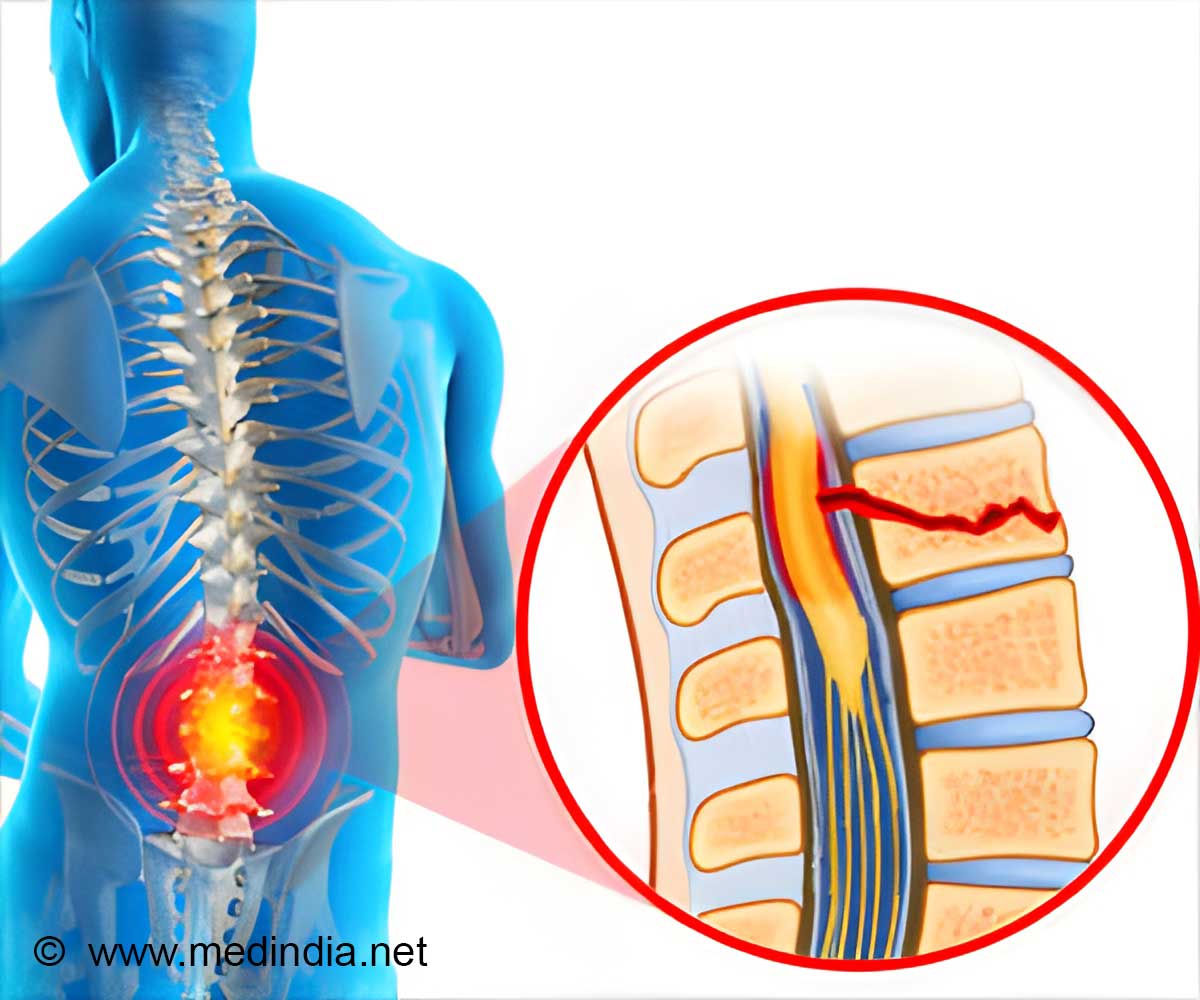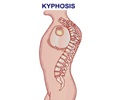Administration of drugs that target specific cellular components of complex scar may improve functional recovery after spinal cord injury.

‘Administration of drugs that target specific cellular components of complex scar associated with chronic inflammation may improve functional recovery after spinal cord injury. The findings thereby set the basis for a new promising therapeutic strategy not only for spinal cord injuries but potentially for other organs that lack regenerative competence.
’





"These cells are known as senescent cells. They have specific features and markers and are what we can call "zombie cells", where growth and division is interrupted, but where the normal cell death program is not activated", says Leonor Saud, group leader at Instituto de Medicina Molecular Joao Lobo Antunes (iMM; Portugal) and Professor at Faculdade de Medicina da Universidade de Lisboae, who led the study. Drug against Zombie Cells
Drugs that target these senescent cells (senolytic drugs), show a progressive decrease in the scar extension and lower levels of inflammation due to a decreased secretion of pro-fibrotic and pro-inflammatory factors.
"Although we are still far from healing spinal cord injuries in humans, we are learning more about the molecular signatures of these lesions and these new promising results can open new therapeutic strategies that can be applied not only to spinal cord injuries but in other conditions that lack regenerative competence", says Leonor Saude.
The study thereby sets the basis for a new promising therapeutic strategy not only for spinal cord injuries but potentially for other organs that lack regenerative competence.
Advertisement













